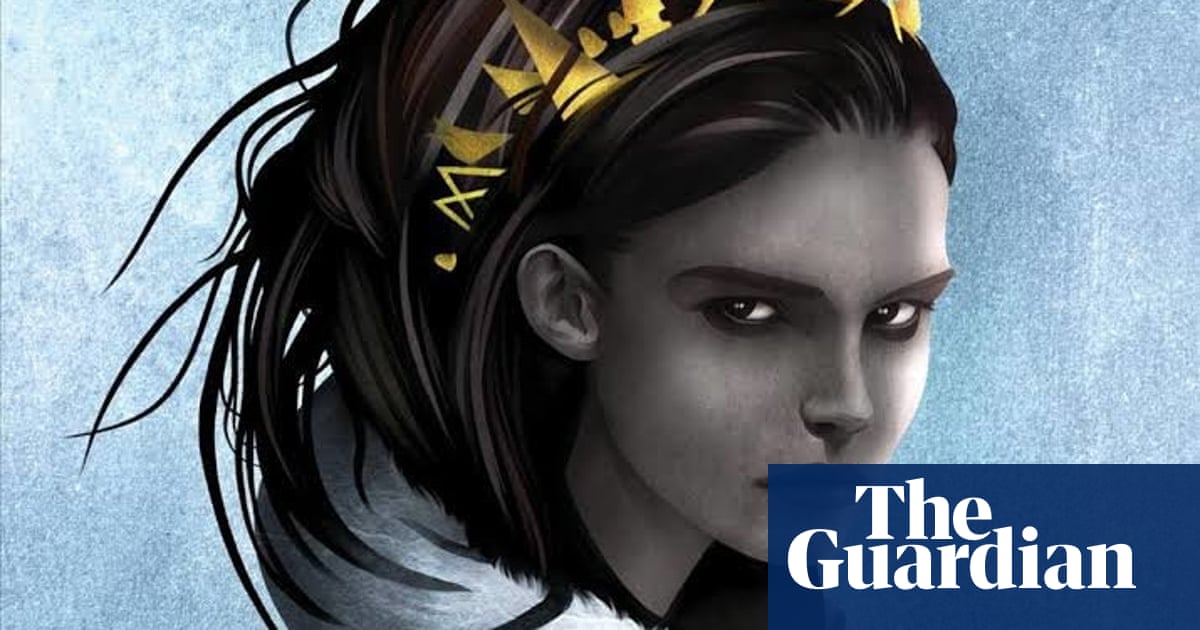
An up-and-coming young adult author has cancelled the publication of her highly anticipated debut novel, following a flood of online criticism from readers over her depiction of race and slavery.
Amélie Wen Zhao’s novel, Blood Heir, was sold to publishers for a high six-figure sum last January. A fantastical retelling of the Anastasia story involving “a princess hiding a dark secret and the conman she must trust to clear her name for her father’s murder”, it was scheduled to be published in June.
But in a statement on Wednesday, Zhao said that negative feedback from the young adult community had led to her asking her publisher, Delacorte Press, not to release the book “at this time”.
Following positive early reviews, a groundswell of criticism of Blood Heir began last month, with reviews posted on Goodreads and Twitter calling out what one reader described as “the anti-blackness and blatant bigotry in this book”, particularly its depiction of slavery and the death of a particular black character.
In comparison with other publishing controversies attracting ire online, such as Keira Drake’s YA novel The Continent, which was slammed for its “white saviour” narrative, and picture book A Birthday Cake for George Washington, which was withdrawn after its upbeat portrayal of slavery was questioned, criticism of Zhao’s novel was relatively confined, possibly because the author responded so fast in cancelling her book release.
“It was never my intention to bring harm to any reader of this valued community, particularly those for whom I seek to write and empower … I don’t wish to clarify, defend or have anyone defend me. This is not that; this is an apology,” wrote Zhao on 30 January, adding that she was “grateful to those who have raised questions around representation, coding, and themes in my book”.
Zhao, who raised in Beijing and emigrated from China to the US at the age of 18, said she wrote the book “from my immediate cultural perspective”, writing that the slavery storylines in her novel “represent a specific critique of the epidemic of indentured labor and human trafficking prevalent in many industries across Asia, including in my own home country”.
“The narrative and history of slavery in the US is not something I can, would, or intended to write, but I recognise that I am not writing in merely my own cultural context,” she wrote.
Zhao had previously said on her website that she had set out to create “a diverse cast, many of which are beloved and dear to a third-culture kid like myself … a tawny-skinned minority of a Russian-esque princess; a disowned and dishonoured Asian-esque assassin; an islander/Caribbean-esque child warrior; a Middle-Eastern-esque soldier”.
“I write fantasy, but my story draws inspiration from themes I see in the real world today. As a foreigner in Trump’s America, I’ve been called names and faced unpleasant remarks – and as a non-citizen, I’ve felt like I have no voice – which is why I’ve channeled my anger, my frustration, and my need for action into the most powerful weapon I have: my words,” she wrote last year.
While some on social media praised her decision to cancel publication, others urged her to reconsider bowing to “bullying” from a “mob”. Random House Children’s Books, her publisher, told the New York Times: “We respect Amélie’s decision, and look forward to continuing our publishing relationship with her.”